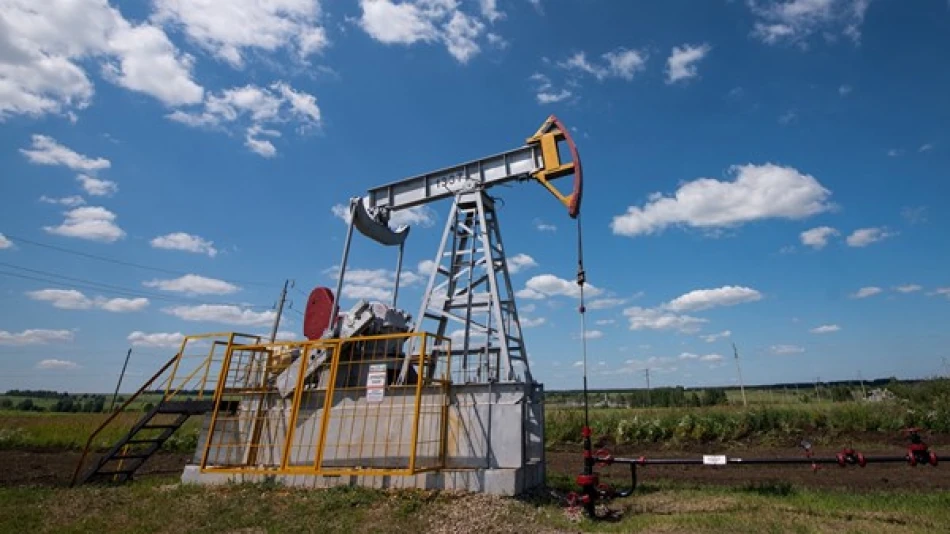
Russia's Response to the Latest European Sanctions: Navigating Geopolitical Tensions
Russia Dismisses EU's 18th Sanctions Package as "Counterproductive" While Economy Shows Resilience
The Kremlin has brushed off the European Union's latest sanctions package—the 18th since the Ukraine conflict began—claiming Russia has developed "immunity" to such measures while warning they will backfire on implementing nations. The defiant response comes as Russia's economy continues to demonstrate unexpected resilience despite mounting international pressure.
Latest EU Sanctions Target Banking and Oil Price Caps
The European Union's newest sanctions package specifically targets Russian banks and further reduces the price ceiling on Russian oil exports. This represents a continuation of the bloc's strategy to squeeze Russia's energy revenues, which have historically been the backbone of its economy and military funding.
Kremlin spokesperson Dmitry Peskov told journalists that Russia would "certainly analyze the new package to minimize its impact," but emphasized that each new round of sanctions "exacerbates the negative impact on the countries that implement them."
Russia Claims Economic Adaptation Success
Peskov's assertion that Russia has "already gained immunity against sanctions" and "adapted to living under them" reflects a broader narrative the Kremlin has pushed since early 2022. This messaging aims to project strength both domestically and internationally, suggesting that Western economic warfare has failed to achieve its intended goals.
The spokesperson's comments align with official Russian economic data showing strong growth following the onset of the Ukraine crisis, though independent verification of these figures remains challenging given Russia's increasing isolation from international financial systems.
Market Implications and Global Economic Realignment
For global investors and energy markets, Russia's apparent economic resilience—if genuine—signals a significant shift in how sanctions-targeted economies can adapt. The country has likely achieved this through several mechanisms:
Alternative Trade Networks
Russia has increasingly pivoted toward China, India, and other non-Western economies for trade partnerships. This "sanctions-proofing" strategy mirrors approaches taken by Iran and North Korea, though Russia's larger economy and energy resources provide more flexibility.
Energy Market Dynamics
Despite price caps, global energy demand—particularly from developing nations—has provided Russia with alternative revenue streams. The effectiveness of oil price ceiling mechanisms depends heavily on enforcement and global compliance, which has proven inconsistent.
Historical Context and Sanctions Fatigue
The 18th sanctions package represents an unprecedented sustained campaign of economic pressure. However, historical precedent suggests that prolonged sanctions regimes often face diminishing returns as targeted nations adapt their economic structures.
Unlike previous sanctions on smaller economies, Russia's vast natural resources, nuclear capabilities, and established relationships with major non-Western powers create unique challenges for sanctions effectiveness. The country's experience differs markedly from Iran's sanctions adaptation, given Russia's larger role in global energy and commodity markets.
Implications for EU Economic Strategy
Russia's dismissive response raises questions about the long-term sustainability of the EU's sanctions strategy. While the immediate goal of constraining Russia's military capabilities may justify continued pressure, the economic costs to European nations—including higher energy prices and reduced trade opportunities—create domestic political pressures.
The Kremlin's claim that sanctions "backfire" on implementing countries reflects a calculated attempt to exploit these political vulnerabilities, particularly as European economies face their own growth challenges and inflation concerns.
Whether Russia's claimed economic resilience represents genuine adaptation or strategic messaging remains a critical question for policymakers and investors navigating an increasingly fragmented global economy.
Most Viewed News

 Layla Al Mansoori
Layla Al Mansoori






